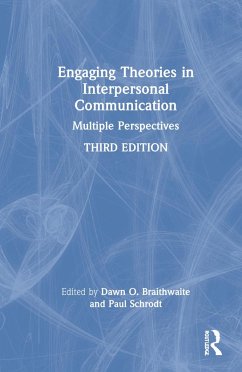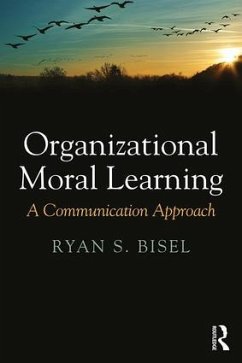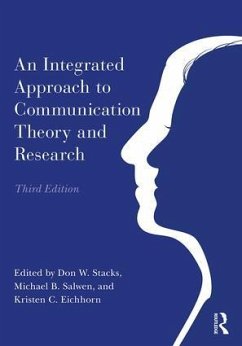
Engaging Theories in Family Communication
Multiple Perspectives
Herausgeber: Braithwaite, Dawn O.; Floyd, Kory; Suter, Elizabeth A.
Versandkostenfrei!
Versandfertig in 1-2 Wochen
97,99 €
inkl. MwSt.
Weitere Ausgaben:

PAYBACK Punkte
49 °P sammeln!
Engaging Theories in Family Communication, Second Edition delves deeply into the key theories in family communication, focusing both on those theories originating within the communication discipline and allied disciplines.














